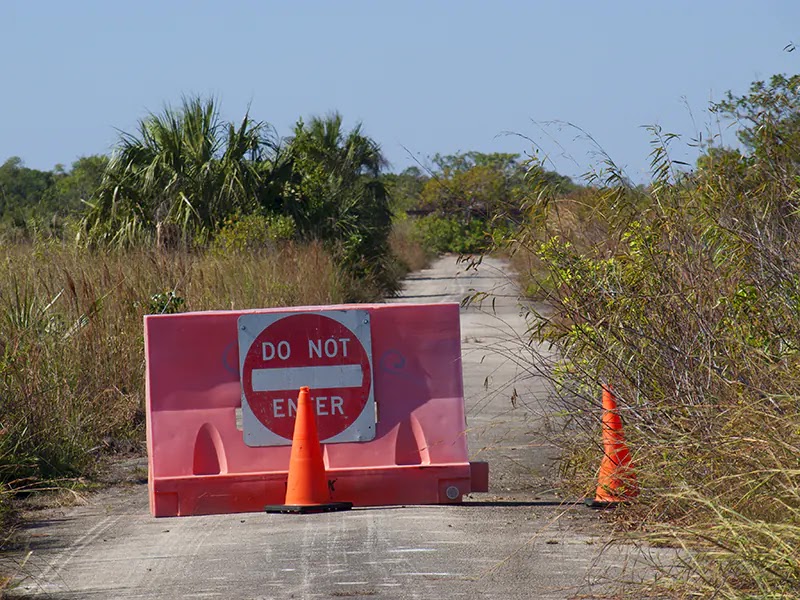Bear experts on dealing with bears
 |
| Polar bear killed by gunshots in 1891 - from the book of Josephine Diebitsch Peary, "My Arctic journal: a year among ice-fields and Eskimos". |
The web is full of anecdotal evidence and regurgitation of anecdotal evidence. Should we believe web tales or scientific research? Once in a while, it's healthy to check what the experts in a topic say.
Chuck Bartlebaugh - the man with 30+ years of taking photos and monitoring bears - said once,
Being well armed with knowledge is the greatest asset for safe travel in grizzly country. Being ignorant is dangerous.
So, the first think is knowledge. About means of self-defense for most people, he advises bear spray.
Dr. Lynn Rogers - the guy studying black, grizzlies, and polar bears for 48+ years -, bets on protecting food and controlling odors in the camp. He also favors bear spray for deterrence.
This guy points that when bears trust people, they tend to ignore them. Fearful bears are prone to attack. The aggressive reaction depends a lot on the familiarity of a bear with people. Predatory attacks are another matter. You are seen as easy food.
Quietness and stillness help to observe bears. To avoid them, make noise all the way.
Dr. Lynn also questions repeated tales and assumptions without evidence.
The thing I’ve always heard is “don’t run from a bear, it could trigger a predatory response.” But I took to asking the people who say and write that, can you give me a "for instance". I have yet to get one.
(Source: Bears: Tips From A Controversial Expert.)
I know. Some ideas are controversial. I'm not a fan of running from a bear.
Another folk that has expended his life among bears says:
I started hearing things, like “Don’t stare a bear in the eye.” They used to say you’re supposed to wave your arms overhead. Ten years later, I was like, “Why am I doing that? This is stupid. Am I a deer with antlers? Do you think a bear can tell if you’re staring at it in the eye?” This is not only baseless but dangerous—since really what you should be doing is paying attention to your surroundings.
(Source: 9 Bear Safety Tips From a Bear Biologist.)
This quote comes from Tom Smith. He also believes that conventional wisdom and science tend to be apart.
He also thinks that fewer bears in an area tend to be more problematic - less familiar with people.
His advice is to be vigilant, make noise, carry a deterrent, and keep distance from the bears. Hiking in groups also help because bears are risk adverse - like most of the wildlife.
Bright colors attract their attention. The same for body smells - no perfumes in the wild. Protecting food is a must.
For a bad encounter, he suggests:
This is some of the most misunderstood advice out there. [And it shouldn’t be needed if you alert bears to your presence, carry spray, and use it.] But if you’re being mauled by a griz? Stay face down, legs spread, and cover your neck with clasped hands. Let the bear unleash its fury on your backpack. Stay still, and don’t move until it’s done. Black bears only attack to kill, so playing dead with one of those will be facilitated by the fact that you will, in fact, be dead soon enough.
The article about bears and sprays To Live Or Die In Bear Country: Counting The Seconds In Your Grizzly Moment Of Truth has some interesting points.
Web tales or research? What to believe when dealing with bears in the wilderness of North America? We can always choose.
Other posts about bears in the Still Gravity blog - I like bears, but respect them.
- Bear notes: Some knowledge for hiking and camping in bear country
- Why Yosemite has a bear spray ban?
- Old periodicals: The most famous bear attack in the world
- What about killing a bear with the tiny caliber .22LR? It happened!
- The Alabama black bear: Some notes about this smaller bear
- Bear spray on wild boars or hogs: Does it work?
- Encounter of a grizzly mother with 5 cubs in Yellowstone
- Great video of a mama bear protecting cubs from a big male



Comments
Post a Comment